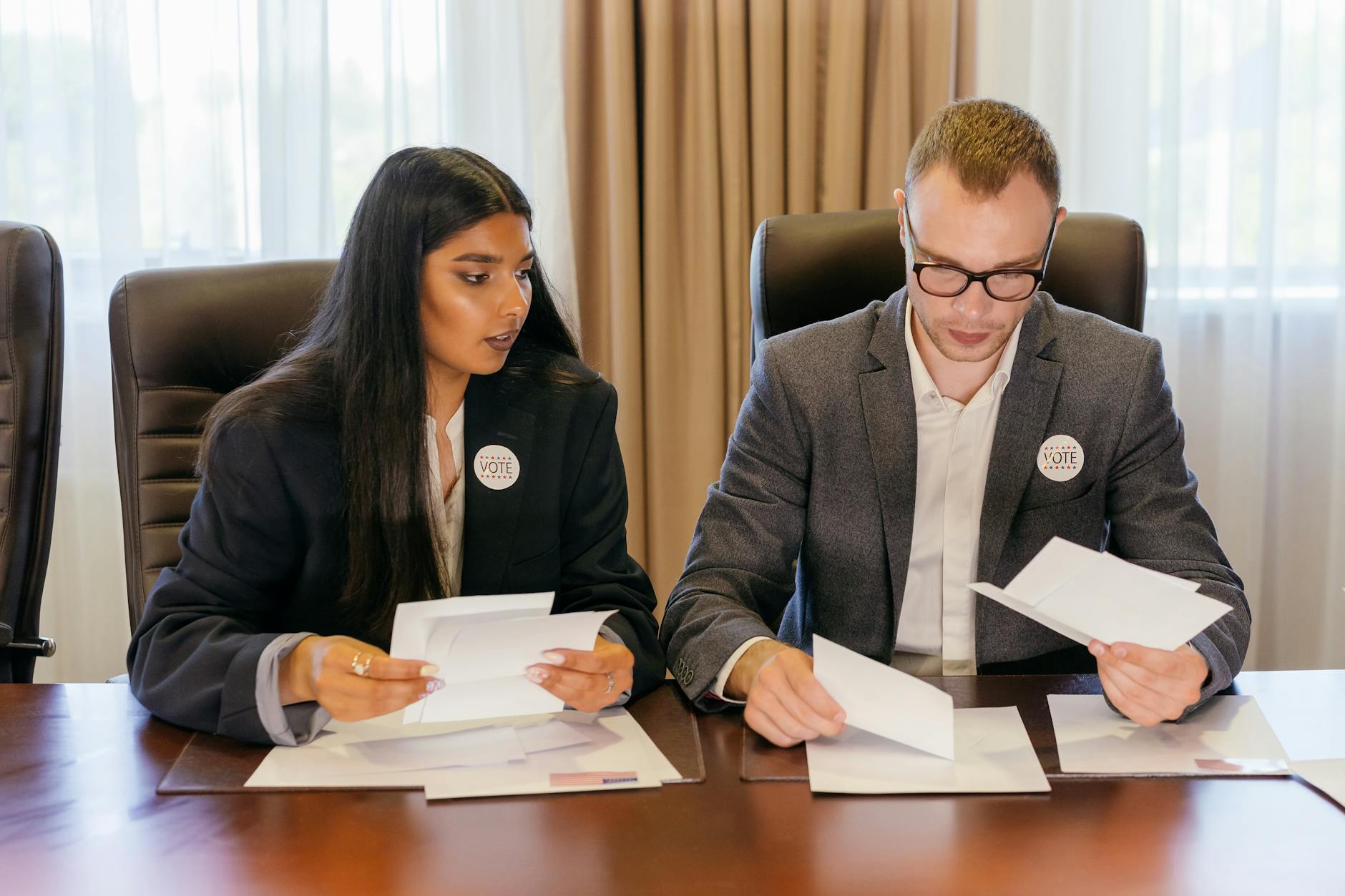Have you ever wondered how some political campaigns seem to have the perfect strategy, while others flounder? 🤔 The secret weapon behind many successful political bids isn’t just charismatic candidates or deep pockets—it’s the art and science of political consulting. In today’s hyper-competitive electoral landscape, the right consultant can be the difference between victory and defeat.
But what exactly do political consultants do, and how do they wield such influence? From crafting compelling narratives to harnessing cutting-edge data analytics, these behind-the-scenes maestros orchestrate campaigns with precision and foresight. Whether you’re a budding politician, a curious voter, or simply intrigued by the machinations of modern democracy, understanding the role of political consulting is crucial to grasping how elections are won and lost in the 21st century.
In this comprehensive guide, we’ll pull back the curtain on the world of political consulting. We’ll explore how consultants develop winning strategies, leverage technology, manage media relations, and navigate the complex web of campaign finance and ethics. By the end, you’ll have a clear picture of how these kingmakers of the political realm shape the outcomes that determine our leaders and, ultimately, our future. 🗳️🇺🇸

Understanding Political Consulting
A. Definition and scope
Political consulting is a specialized field that encompasses strategic planning, communication, and management services for political campaigns and organizations. It involves providing expert advice and support to candidates, parties, and advocacy groups to achieve their electoral or policy objectives.
The scope of political consulting includes:
- Campaign strategy development
- Message crafting and branding
- Voter targeting and outreach
- Polling and data analysis
- Media relations and crisis management
B. Key roles in a campaign
A successful political campaign relies on various key roles, each contributing unique expertise:
| Role | Responsibilities |
|---|---|
| Campaign Manager | Overall strategy and day-to-day operations |
| Communications Director | Message development and media relations |
| Field Director | Voter outreach and grassroots organizing |
| Finance Director | Fundraising and budget management |
| Data Analyst | Voter targeting and campaign metrics |
C. Historical impact on elections
Political consulting has significantly influenced election outcomes throughout history. Some notable examples include:
- The 1960 Kennedy-Nixon debates, where television image played a crucial role
- The 1992 Clinton campaign’s use of rapid response and message discipline
- The 2008 Obama campaign’s innovative use of social media and data analytics
These instances demonstrate how political consultants have shaped campaign strategies and adapted to changing technologies and voter behaviors. As we explore the various aspects of political consulting, we’ll delve deeper into the specific strategies and techniques that can make a significant impact on election outcomes.

Developing Effective Campaign Strategies
Now that we understand the basics of political consulting, let’s dive into developing effective campaign strategies. This crucial step can make or break an election outcome.
A. Analyzing voter demographics
Understanding your electorate is fundamental to any successful campaign. By analyzing voter demographics, campaigns can tailor their approach to specific groups. Consider the following key factors:
- Age distribution
- Ethnic composition
- Income levels
- Education backgrounds
- Urban vs. rural populations
B. Crafting compelling messages
Once you know your audience, it’s time to craft messages that resonate. Effective messaging should be:
- Clear and concise
- Emotionally engaging
- Aligned with voter values
- Memorable and repeatable
C. Identifying key issues
Campaigns must focus on issues that matter most to voters. Here’s a simple method to prioritize:
| Issue Importance | Voter Concern | Campaign Focus |
|---|---|---|
| High | High | Primary |
| High | Low | Educational |
| Low | High | Responsive |
| Low | Low | Secondary |
D. Targeting swing voters
Swing voters can often determine election outcomes. To effectively target this group:
- Identify common characteristics of undecided voters
- Craft messages that address their specific concerns
- Use targeted advertising and outreach methods
- Emphasize your candidate’s unique appeal to this demographic
With these strategies in place, campaigns can effectively reach and persuade voters. Next, we’ll explore how to leverage data and technology to enhance these efforts and gain a competitive edge.

Leveraging Data and Technology
In today’s digital age, political campaigns can gain a significant advantage by harnessing the power of data and technology. This section explores how campaigns can leverage these tools to make informed decisions and target voters effectively.
Utilizing voter databases
Voter databases are invaluable resources for political campaigns. They contain a wealth of information about potential voters, including:
- Demographic data
- Voting history
- Party affiliation
- Issue preferences
By effectively utilizing these databases, campaigns can:
- Identify key voter segments
- Tailor messaging to specific groups
- Optimize resource allocation
- Track voter engagement
Implementing data-driven decision making
Data-driven decision making allows campaigns to base their strategies on concrete evidence rather than intuition. This approach involves:
| Step | Description |
|---|---|
| 1. Data collection | Gathering relevant information from various sources |
| 2. Analysis | Interpreting the data to identify trends and patterns |
| 3. Strategy formulation | Developing targeted campaign tactics based on insights |
| 4. Implementation | Executing the strategies across different channels |
| 5. Evaluation | Measuring the effectiveness and adjusting as needed |
Employing predictive analytics
Predictive analytics uses historical data and statistical algorithms to forecast future outcomes. In political campaigns, this technology can:
- Identify likely supporters and undecided voters
- Predict voter turnout in specific areas
- Anticipate potential shifts in public opinion
By leveraging these advanced analytical techniques, campaigns can allocate resources more efficiently and focus their efforts on the most impactful activities.

Managing Media Relations
In the fast-paced world of political campaigns, managing media relations is crucial for shaping public perception and influencing election outcomes. A well-executed media strategy can be the difference between victory and defeat.
Crafting a Media Strategy
A robust media strategy forms the foundation of effective media relations. Consider the following elements:
- Target audience identification
- Key message development
- Media outlet selection
- Timing and frequency of communications
| Strategy Component | Description | Importance |
|---|---|---|
| Target Audience | Identifying specific voter segments | High |
| Key Messages | Developing clear, concise campaign points | Critical |
| Media Outlets | Selecting appropriate channels for message delivery | High |
| Timing | Strategically planning media appearances | Medium |
Handling Press Conferences
Press conferences provide a platform for candidates to communicate directly with the public. To maximize their effectiveness:
- Prepare thoroughly with anticipated questions and rehearsed responses
- Choose an appropriate venue that aligns with the campaign message
- Control the narrative by setting clear expectations and guidelines
- Follow up with reporters to ensure accurate coverage
Preparing Candidates for Interviews
Successful interviews can significantly boost a candidate’s image. Key preparation steps include:
- Conducting mock interviews to practice responses
- Developing concise talking points
- Training in non-verbal communication techniques
- Familiarizing candidates with potential tough questions
Crisis Management Techniques
In the unpredictable world of politics, crises are inevitable. Effective crisis management involves:
- Rapid response team formation
- Clear and transparent communication
- Proactive damage control strategies
- Post-crisis analysis and reputation rebuilding
By mastering these aspects of media relations, political consultants can significantly influence public opinion and ultimately shape election outcomes.

Fundraising and Resource Allocation
Now that we’ve explored media relations, let’s dive into the crucial aspect of fundraising and resource allocation in political campaigns.
A. Identifying potential donors
Identifying potential donors is a critical first step in fundraising. Political consultants use various methods to find individuals and organizations likely to support the campaign:
- Analyzing past donor records
- Researching local businesses and community leaders
- Leveraging candidate and team networks
| Donor Type | Advantages | Challenges |
|---|---|---|
| Individual | Personal connection, grassroots support | Lower donation limits |
| PACs | Larger contributions, aligned interests | Potential public scrutiny |
| Corporate | Significant resources | Legal restrictions, public perception |
B. Organizing fundraising events
Fundraising events serve dual purposes: raising money and building momentum. Effective events might include:
- Intimate dinners with high-net-worth individuals
- Large-scale rallies with tiered ticket prices
- Virtual town halls for broader reach
C. Budgeting campaign resources
Proper budgeting ensures the campaign can sustain itself through election day. Key considerations include:
- Allocating funds for advertising, staff, and operations
- Creating contingency plans for unexpected expenses
- Regularly reviewing and adjusting the budget
D. Maximizing return on investment
To maximize ROI, campaigns must:
- Prioritize high-impact activities
- Utilize cost-effective digital marketing strategies
- Invest in data analytics for targeted outreach
By focusing on these fundraising and resource allocation strategies, campaigns can build the financial foundation necessary for a successful run. Next, we’ll explore the legal and ethical considerations that shape campaign activities.

Navigating Legal and Ethical Considerations
Understanding campaign finance laws
Campaign finance laws are crucial for maintaining transparency and fairness in elections. Political consultants must have a thorough understanding of these regulations to ensure their clients’ campaigns remain compliant. Key areas to focus on include:
- Contribution limits
- Disclosure requirements
- Restrictions on foreign donations
Ensuring compliance with regulations
Compliance is not just about following the law; it’s about maintaining public trust. Consultants should implement robust systems to:
- Track and report all financial transactions
- Verify donor eligibility
- Maintain accurate records for auditing purposes
Maintaining ethical standards
Ethical considerations go beyond legal requirements. Political consultants should adhere to a code of ethics that includes:
- Transparency in campaign messaging
- Avoiding conflicts of interest
- Respecting voter privacy
| Ethical Principle | Example |
|---|---|
| Honesty | Accurate representation of candidate’s positions |
| Integrity | Refusing to spread disinformation about opponents |
| Accountability | Taking responsibility for campaign actions |
By prioritizing legal compliance and ethical conduct, political consultants can help build trust in the democratic process and contribute to more meaningful election outcomes. As campaigns become increasingly complex, the role of consultants in navigating these considerations becomes even more critical.

Mobilizing Voters and Volunteers
Organizing grassroots efforts
Grassroots efforts are the backbone of successful political campaigns. By engaging with local communities and building support from the ground up, campaigns can create a strong foundation for voter mobilization. Here are key strategies for organizing effective grassroots efforts:
- Identify community leaders and influencers
- Establish local campaign offices or hubs
- Host town halls and community events
- Create neighborhood canvassing teams
Implementing get-out-the-vote strategies
Get-out-the-vote (GOTV) strategies are crucial for ensuring supporters actually cast their ballots. Effective GOTV campaigns can significantly impact election outcomes. Consider these proven tactics:
| Strategy | Description |
|---|---|
| Early voting drives | Encourage supporters to vote before election day |
| Phone banking | Make personal calls to remind voters |
| Text messaging | Send targeted reminders and polling information |
| Ride-sharing programs | Offer transportation to polling stations |
Training and managing volunteers
Volunteers are the lifeblood of political campaigns. Proper training and management can transform enthusiastic supporters into effective campaign assets. Key aspects of volunteer management include:
- Developing comprehensive training programs
- Assigning roles based on skills and interests
- Implementing a clear chain of command
- Recognizing and rewarding volunteer efforts
Utilizing social media for engagement
Social media platforms offer powerful tools for voter engagement and volunteer recruitment. Campaigns can leverage these platforms to:
- Share real-time updates and event information
- Facilitate peer-to-peer voter outreach
- Organize virtual volunteer activities
- Amplify campaign messages through supporter networks
By focusing on these aspects of voter and volunteer mobilization, political campaigns can significantly enhance their chances of success at the ballot box.

Political consulting plays a pivotal role in shaping modern election outcomes. From developing effective campaign strategies to leveraging data and technology, consultants provide invaluable expertise that can make or break a candidate’s chances. By managing media relations, optimizing fundraising efforts, and mobilizing voters, these professionals help campaigns navigate the complex landscape of politics.
As campaigns continue to evolve, it’s crucial for candidates and their teams to understand the importance of political consulting. By embracing these services and adhering to legal and ethical guidelines, campaigns can maximize their potential for success. Whether you’re a seasoned politician or a first-time candidate, investing in skilled political consultants can be the key to achieving your electoral goals and making a lasting impact on the political landscape.
